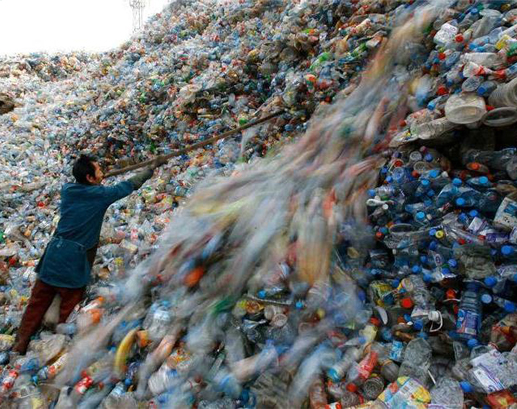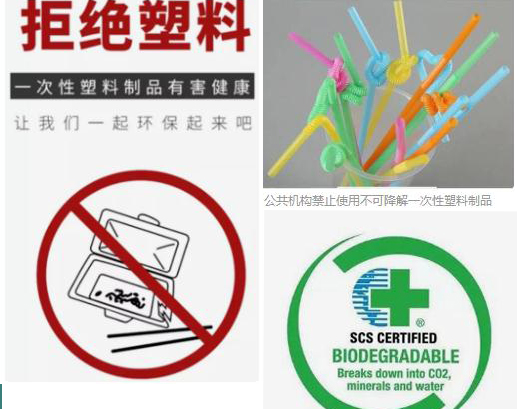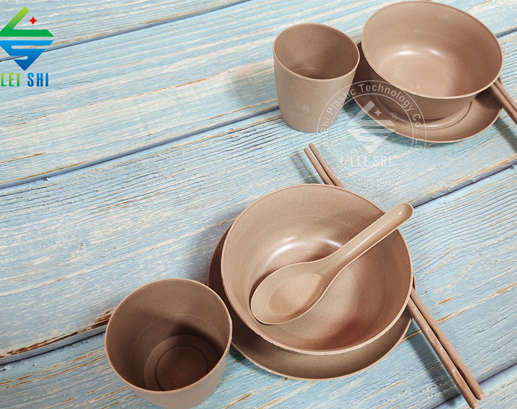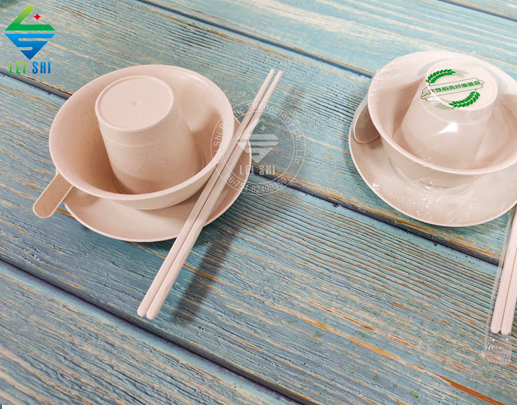Plastic waste has become an imminent problem worldwide.
Given the potential impacts of plastic waste on global marine ecology, human health, climate change and many other aspects, plastic waste has become an imminent problem worldwide. In recent years, places around the world have been committed to discouraging the use of single-use plastic products (including disposable plastic tableware), exploring the use of other alternatives, and gradually strengthening the regulation of disposable plastic tableware through legislation or other measures

Public participation
In recent years, as various sectors of the community have strived to promote a “plastic-free” culture, many eateries and members of the public have actively practised a “plastic-free” lifestyle by avoiding the use and distribution of disposable plastic tableware for dine-in and takeaway services in eateries. There is already a common consensus in the community that disposable plastic tableware is one of the many single-use plastic products that need to be regulated. Reducing the use of disposable plastic tableware also helps promote low-carbon transformation and the development of a circular economy in our society.

Rice Husk Based Biodegradable Cutlery
Biodegradable cutlery has emerged as a better alternative to plastics across the globe and Indians have been early adopters of biodegradable products. All kinds of plant biomass material such as biogases, rice husk, coconut coir etc. are being utilized for producing eco-friendly cutlery, tableware and packaging products that could see a surge in usage in the coming decade. Rice husk is a surprisingly strong material that can withstand significant wear and tear and has a long life. Rice husk tableware is one of the most durable forms of biodegradable cutlery that can withstand temperatures of more than 100oC without getting damaged. This reusable tableware has a smooth glossy covering that is 100% natural and derived from the wax present in rice husks. The global biodegradable cutlery market size was accounted for USD 33.9 million, in 2018 and is projected to grow at a significant rate of CAGR of 5.9% during the forecast period, 2019 to 2025. The growing awareness about hazardous impacts of non-biodegradable waste is expected to positively affect the market growth. The government has formed strict regulations for banning non-biodegradable plastic. Supportive government initiatives along
with growing consumer awareness about side effects of non-biodegradables are projected to boost the market growth. Furthermore, increasing demand for eco-friendly products such as cups and plates across the hotels and restaurants is contributing to market growth. Eco-friendly cutlery provides more convenience include cups, plates that can be carried while vacations, family outings. However, the biodegradable item such as spoons and cups costs higher than traditional cutlery.

Is rice husk tableware safe?
1:Rice husk tableware is safe. Rice husk tableware is a biodegradable product of natural plant fiber. It is made of rice husk as the main raw material and processed by high-tech production technology. It can be degraded by itself under natural conditions, avoiding environmental pollution and saving non renewable resources. All sanitary physical and chemical indexes meet international standards. It is the best "green environmental protection product" to eliminate white pollution and protect resources and ecological environment in our daily life.
2: Rice husk is originally agricultural waste, which is not easy to be digested by the earth. Most of it is treated by incineration, which wastes resources and produces a large amount of carbon dioxide, polluting the whole natural environment.
3: Rice husk tableware is to regenerate this waste rice husk into a tableware that is pure natural, healthy and free of any harmful chemical components. After aging and discarding, these products can be degraded and digested by the earth, which has no pollution to the environment.
4: Rice husk tableware is made of rice husk fiber. After screening, rice husk is crushed into rice husk fiber, filtered into fiber particles, mixed with high-speed mixture, high-temperature sterilization, hot pressing molding, ultraviolet sterilization and other processes.

Although the cost of non-plastic disposable tableware is now slightly higher than that of similar plastic ones, when such products are widely accepted in the market, economic benefits arising from mass production will continuously narrow the price difference .
Scan to wechat:
